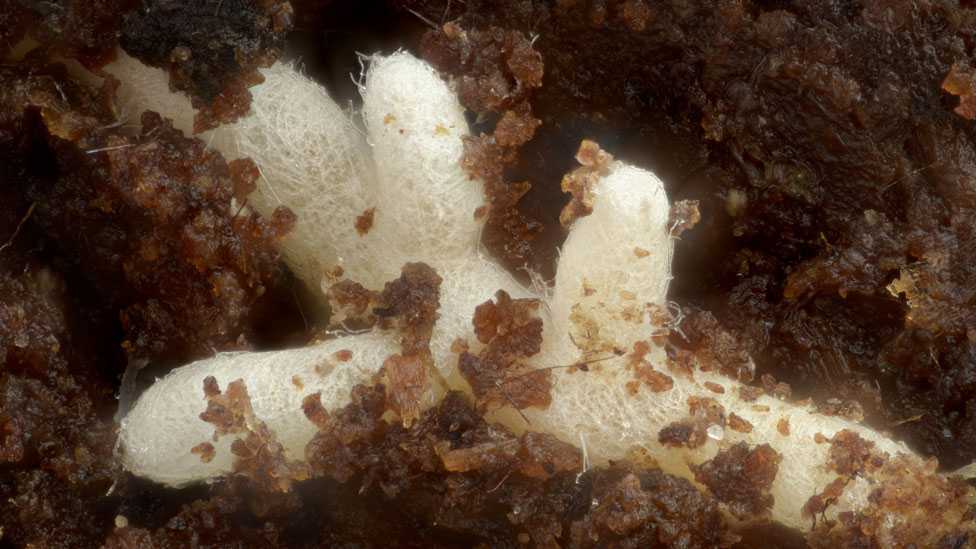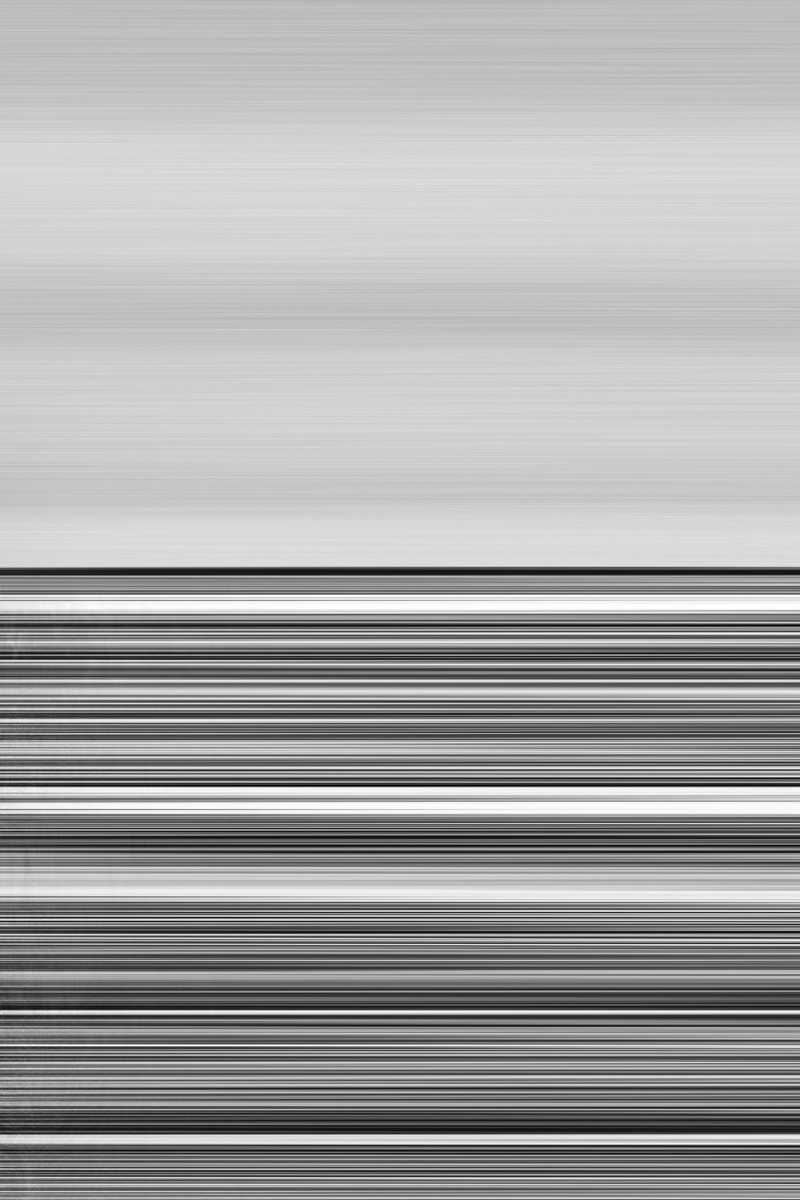(Coveners)
Conny Groenewegen, Stacey Moran,
Maurizio Montalti, Adam Nocek,
Alice Twemlow, Karin de Jong.
(When)
July 11, 2019
(Location)
Het Nieuwe Instituut
Museumpark 25
3015CB Rotterdam,
The Netherlands
(Links)
• Project page
• Exhibition website
Conny Groenewegen is a fashion designer, artist and material researcher.
Stacey Moran is Associate Director of the Center for Philosophical Technologies and is faculty in the School of Arts, Media + Engineering and English at Arizona State University.
Maurizio Montalti’s work is strongly characterized by a creative trans-disciplinary approach and rooted in a collaborative, research-based and experimental practice.
Adam Nocek is an assistant professor in the philosophy of technology and science and technology studies in the School of Arts, Media, and Engineering at Arizona State University. Nocek is the founding director of the Center for Philosophical Technologies.
Alice Twemlow’s research addresses the design’s complex interrelations with time and the environment and manifests in writing, exhibitions, conferences, and education.
Karin de Jong is the initiator of PrintRoom, a project space for independent publishing in Rotterdam.
Mutant Futures: Design and Mythopoeisis in Posthuman Times
How might design, philosophy, science and mythology inform each other, while producing fresh and imaginative multi-species responses to address the genesis and future of ecological devastation?
“But in the real world, it is more important that a proposition be interesting than that it be true.”
– Alfred North Whitehead, Process and Reality, 259
This panel takes as its point of departure these words uttered by Alfred North Whitehead in his seminal lecture published as Process and Reality in 1929. Fast-forward nine decades and it has become clear that the Earth’s sixth mass extinction (which we are currently living through) is in no small part due to the modern West’s stubborn commitment to a regime of scientific truth and mastery that disavows modes of knowing that do not conform to its own. This has left the human species in a deeply ambivalent relationship to its own pasts and futures, with perhaps only this certainty: that human history itself will soon be history. As a consequence, Whitehead’s words seem less of provocation today than they do a bitter necessity: we are in dire need of propositions that are more interesting and daring than they are true. This panel reflects on how artists and designers are uniquely positioned to experiment with propositional frameworks that do not rigidly adhere to modern “truth-telling,” and that is capable of opening up vistas for living and dwelling in the twenty-first century that are all the more real because they are untrue.

